It was fantastic to see so many people face to face again, make new connections and engage in such meaningful and informed discussion around the ways in which we can work to bring people together across difference.
You can view a gallery of photos from the day here and see a round-up of tweets from delegates and speakers here.
It was a privilege to bring together experts from across the public, private and voluntary sector, ranging from those shaping policy at national and local government levels to those working directly with marginalised communities or people at risk of adopting extremist ideologies or hatred.
Despite the breadth of experience and insight in the room, common threads emerged through the day:
- The effects of rapid change on our social cohesion – through technology, the climate emergency or cost of living crisis – cannot be ignored. These changes produce anxiety and fear which can cause divisions or deepen those which already exist. The crucial question in these moments is ‘are we going to break or are we going to bridge?’ We may not be able to prevent all of these changes but by being aware of their effects we can work with communities to build the resilience to withstand them.
- We must keep in mind who is not in the conversation – are we talking about people or to them? Only by engaging those who hold prejudices, who are being drawn into hateful extremism or who simply hold different views can we begin to bridge divisions. By avoiding what can be difficult conversations with those whose views do not align with our own, we are leaving a vacuum which can be filled with misinformation.
- There was strong consensus about the vision needed to move forward in building cohesion – the issue is how do we do that work? By maintaining and supporting an open dialogue with groups across communities we can set out a path towards change.
- Finally, the need for storytelling – the importance of finding the positive stories that will resonate with those experiencing mistrust and hatred or who simply do not regularly have meaningful interactions through work, leisure or friendship with people from different classes, races, faiths or sexuality to their own. How can we create a shared narrative of belonging which everybody wants to be a part of rather than ‘othering’ those who are unlike ourselves?
We’ll be keeping these insights and questions in mind as we shape an exciting programme of events and expand our toolkits and resources for Belong Network members throughout 2023 so please do keep in touch through our mailing list, Twitter and LinkedIn profiles or here on our website.
Warmest wishes,
Jo Broadwood, CEO, and the Belong Network team
